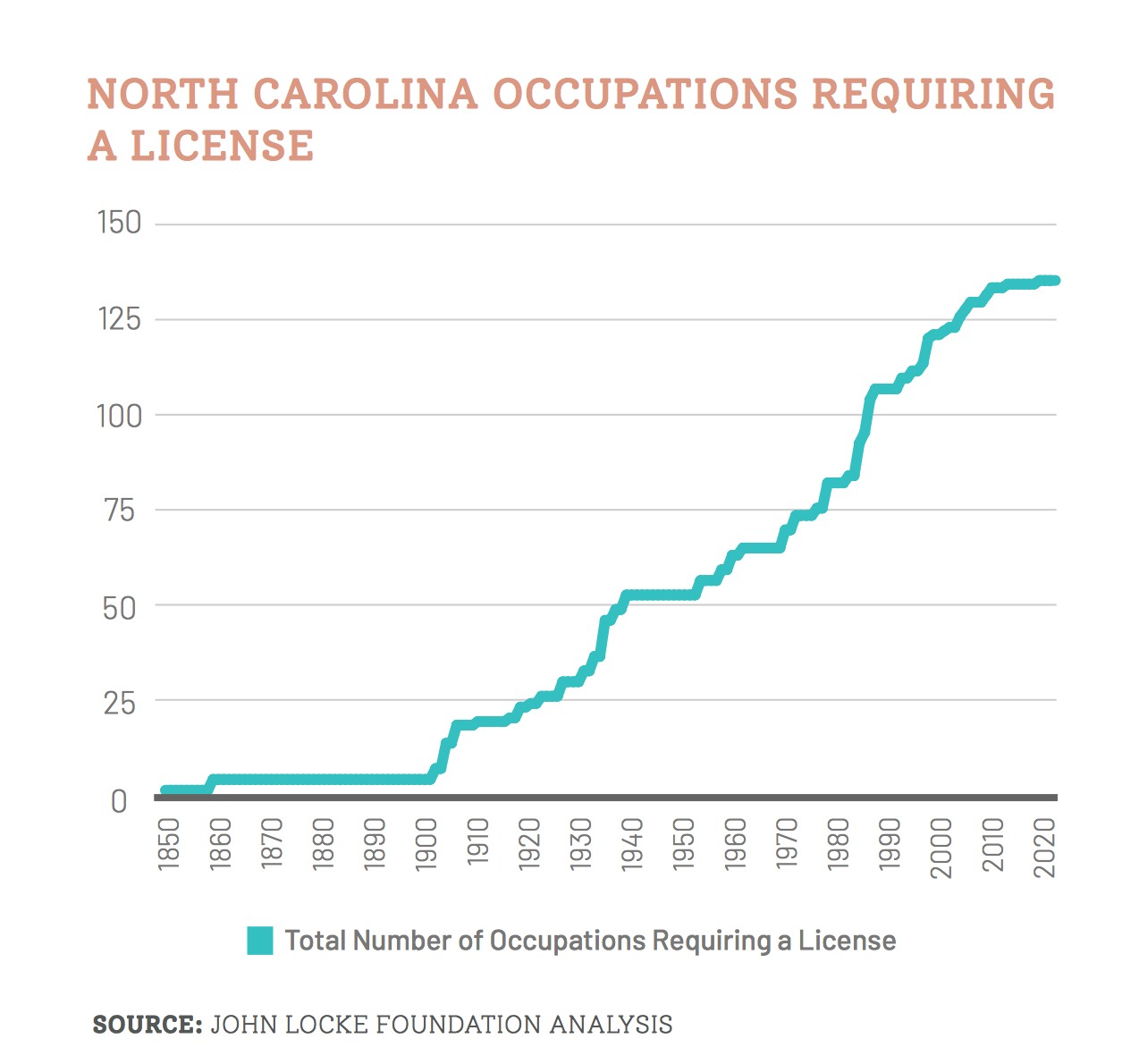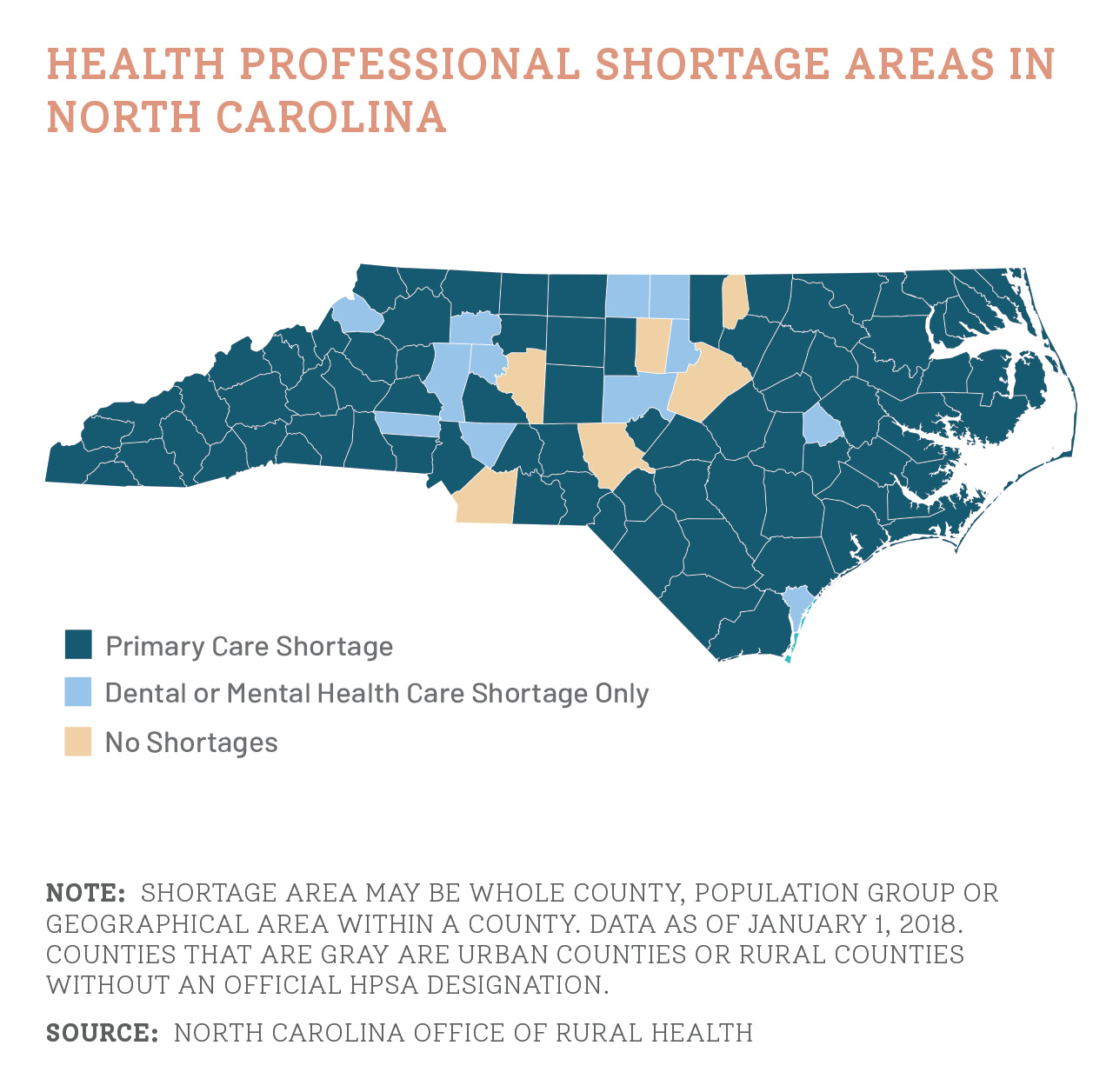It’s the classic tale of government overstepping its bounds, making itself a burden to the very people it purports to help. A professional counselor in Virginia has been told by District of Columbia bureaucrats that she can’t offer online teletherapy to people who live right next door to her in D.C. It makes no sense, but it’s true.
Due to the pandemic, Elizabeth Brokamp has been helping people talk through their problems online, rather than in her office in Virginia. And even though we know that mental health is a big and growing concern right now, and even though people are voluntarily seeking her help from the safety of their homes, D.C. says Brokamp can’t reach back over her computer. If she does, “you will be fined.”
Her teletherapy violates D.C.’s licensing rules.
Enter the Institute for Justice.
Elizabeth has teamed up with the Institute for Justice to challenge D.C.’s restrictions on teletherapy. If the lawsuit is successful, Elizabeth will be able to provide her services to D.C. residents during the pandemic without worrying about D.C.’s arbitrary licensing restrictions. After the pandemic has ended, victory will allow Elizabeth to offer expanded teletherapy to D.C. residents. And victory will also set a precedent that can be used to challenge restrictions on teletherapy nationwide.
Watch Brokamp tell her story.
Smothering licensing rules are a problem in North Carolina as well, as Locke’s Jon Sanders detailed just a few months ago in a piece spotlighting Florida’s reforms. They’re a problem for unsuspecting North Carolinians. (emphasis is mine)
The John Locke Foundation’s Carolina Rebound plan to revive North Carolina’s economy includes a healthy menu of occupational licensing deregulation and reforms. Why? We explain: “Licensing slows job growth, limits the supply of licensed workers, and drives up consumer costs for the work. None of those outcomes is good for a post-COVID recovery.”
We continue to urge NC’s policymakers to free people from unnecessary licensing burdens.
 As the chart to the right shows, the number of occupations that require a license has grown exponentially in North Carolina, only recently starting to level off. The Locke team urges lawmakers to pare back these rules.
As the chart to the right shows, the number of occupations that require a license has grown exponentially in North Carolina, only recently starting to level off. The Locke team urges lawmakers to pare back these rules.
On one hand, it’s good that pandemic-related mental health issues have brought to the forefront the issues of licensing and care shortages. On the other hand, our hearts break for people who are feeling alone and desperate for help. It is simply unfair that a government rule prevents them from getting the help they want and need.
Finding care of any kind can be tough for some North Carolinians. That’s why the Locke Foundation also advocates for what’s called ‘scope-of-practice’ reforms. In short, we believe that medical providers should be given the leeway to practice at the top of their skills. Some, such as nurse practitioners, are prevented from doing that and continue to be tied to archane supervisory requirements. On Monday, March 22, our virtual Shaftesbury Society panel discussion will focus on these issues.
In short, access to care is a challenge in North Carolina. By enacting the right policies on scope-of-practice and occupational licensing, we can address shortages and make it easier for people to find a job and easier for people to find a professional whose care is needed.



